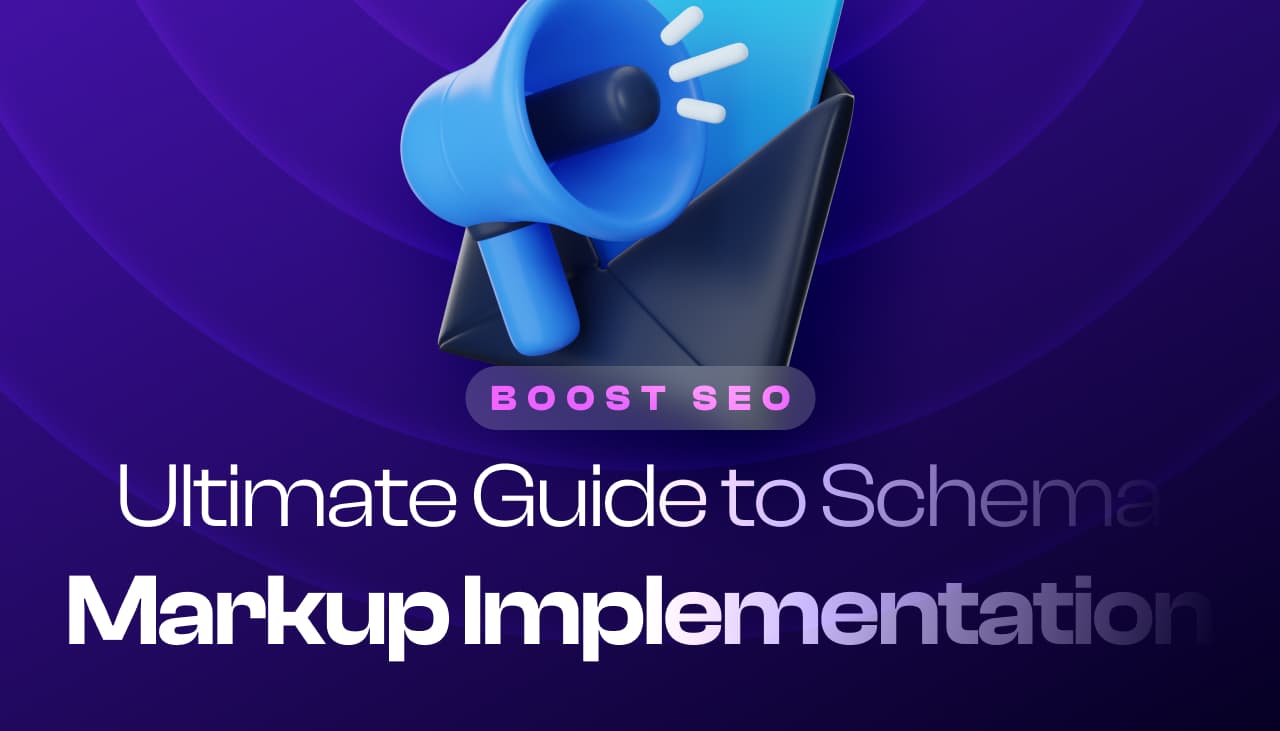Navigating the vast landscape of digital marketing can be daunting, but we’ve found a compass that’s indispensable: Google Keyword Planner. It’s a tool that’s become a cornerstone for anyone looking to enhance their online presence.
With Google Keyword Planner, we’re able to unlock a treasure trove of data on what people are searching for. This insight is gold for crafting content that not only resonates with our audience but also ranks well in search results.
Whether we’re planning a new blog post or optimizing an existing page, Google Keyword Planner gives us the edge we need to stay ahead in the competitive digital space. It’s our go-to for making informed decisions that drive traffic and engagement.
Table of Contents
Key Takeaways
- Google Keyword Planner is a free, powerful tool essential for digital marketing strategies, offering insights into search queries, trends, competition levels, and allowing for informed decision-making.
- It facilitates discovering new keywords and provides data on search volume, competition, and cost-per-click estimates, which are crucial for tailoring digital marketing strategies effectively.
- The tool’s forecasting feature aids in predicting future market trends and performance metrics, making it invaluable for planning and budgeting digital advertising campaigns.
- By analyzing search volume, competition level, and trends, Google Keyword Planner helps in creating and optimizing content that is not only relevant and engaging but is also designed to rank well in search engines.
- Incorporating long-tail keywords and utilizing the tool’s filters for specificity can significantly enhance content visibility and attract more qualified traffic.
- Regularly updating keyword strategies based on Google Keyword Planner’s insights ensures that digital marketing efforts remain effective and aligned with the latest search trends.
What is Google Keyword Planner?
Google Keyword Planner is a powerful, free tool offered within Google Ads. It’s designed specifically for the needs of advertisers and content creators. With its in-depth insights into search queries, we’re equipped to tailor our digital marketing strategies more precisely. This tool allows us to discover new keywords related to our business or content.
But it’s not just about finding keywords. It provides valuable data on search volumes, trends, and competitive bids. This means we can gauge the popularity of keywords and their potential impact on our content. We can also estimate how much competition we’ll face if we decide to target specific keywords in our ads.
Furthermore, Google Keyword Planner offers forecasts for our campaigns. This feature helps us predict clicks, impressions, and other vital metrics based on our chosen keywords. It’s an indispensable asset for planning our budget and forecasting the performance of our campaigns.
By leveraging this tool, we’re able to make data-driven decisions. We optimize our content and advertisements to reach a wider, more relevant audience. And the best part? We don’t need an extensive background in SEO or digital marketing to use it effectively. Google Keyword Planner’s user-friendly interface makes it accessible for newcomers and veterans alike in the digital marketing space.
This tool is not the end-all-be-all, but it’s a vital part of our digital marketing toolkit. It aids us in crafting strategies that speak directly to our target audience’s needs and interests. Whether we’re looking to drive more traffic to our website or improve our content’s visibility online, Google Keyword Planner is our go-to resource for keyword research and campaign planning.
Why is Google Keyword Planner important for digital marketing?
Google Keyword Planner is indispensable for crafting effective digital marketing strategies. It allows us to uncover keywords that our target audience is searching for. This insight is crucial for optimizing website content and ensuring it meets the needs of potential customers.
By analyzing search volume and trends, we can prioritize high-performing keywords. This ensures our content remains relevant and visible to our intended audience. Moreover, Google Keyword Planner offers competitive bid estimates, helping us budget our advertising spend more efficiently.
We also gain access to valuable data on keyword competition. This allows us to identify opportunities where we can rank higher with less effort. Strategic keyword selection based on this data can drastically improve our SEO and PPC campaign’s return on investment.
Additionally, Google Keyword Planner’s forecasts feature aids in predicting future trends. This helps us stay ahead, crafting content and campaigns that align with upcoming demands.
Ultimately, Google Keyword Planner serves as a comprehensive tool for enhancing our digital presence. By informing our content strategy and optimizing our ad spend, it plays a pivotal role in achieving our digital marketing goals. Such data-driven insights ensure our marketing efforts are not just guesses but strategic moves towards greater visibility and engagement.
How does Google Keyword Planner work?
When we embark on digital marketing projects, understanding the mechanics of Google Keyword Planner is paramount. It begins with us entering keywords related to our business or the specific services and products we offer. Google Keyword Planner then dives into its extensive database to extract relevant data.
The tool presents us with metrics such as monthly search volumes, competition levels, and cost-per-click (CPC) estimates. These figures are vital for us as they help in gauging the popularity and competitiveness of our chosen keywords. We can filter the results by location, language, and network settings, tailoring the insights to our target audience.
Another key function is the ability to discover new keywords. The tool suggests related terms that our potential customers might be searching for. This expands our keyword list and uncovers hidden opportunities. We’re also provided with historical data and future forecasts.
This historical data shows us trends over time, which is instrumental in understanding the seasonality of certain searches. Future forecasts, on the other hand, allow us to predict changes in search volume. These predictions enable us to adjust our strategies in advance, ensuring we’re always a step ahead.
By analyzing the data from Google Keyword Planner, we’re able to make informed decisions on which keywords to prioritize in our SEO and paid search campaigns. This meticulous planning ensures that we’re not only reaching our target audience but also maximizing our budget effectively.
Using Google Keyword Planner for content creation and optimization
When creating content, we always aim for relevance and visibility. Google Keyword Planner plays a crucial role in achieving both. By uncovering what our audience is searching for, we can tailor our content to meet their needs.
We start by inputting a broad keyword related to our niche. The tool then suggests a variety of related keywords, each with its own metrics. This data includes search volume, competition level, and trends.
Let’s break down these metrics a bit:
- Search Volume shows us how many people are searching for a specific keyword in a given timeframe. It helps us gauge interest.
- Competition Level indicates how many advertisers are bidding on a keyword. A lower competition level often means it’s easier for our content to rank organically.
- Trends give us an insight into the keyword’s popularity over time. This is crucial for tapping into emerging topics.
We carefully analyze these metrics to select keywords that are not overly competitive yet have a decent search volume. This strategy ensures our content has the best chance to rank higher in search results.
Incorporating selected keywords into our content is an art. We make sure they’re woven naturally into headlines, subheaders, and body text. This maintains the quality of our content while optimizing it for search engines.
Beyond the text, we also optimize images and meta descriptions with chosen keywords. This holistic approach boosts our content’s visibility across different search components.
Another great feature of Google Keyword Planner is its ability to forecast future trends. We use this to create content that’s not just relevant today but will continue to be in demand. This forward-thinking strategy keeps our content strategy aligned with audience interest over time.
Integrating Google Keyword Planner into our content creation and optimization process has become a non-negotiable part of our digital marketing toolkit. It guides us in crafting content that’s not only engaging but also discovers easily by our target audience.
Tips and tricks for maximizing the benefits of Google Keyword Planner
To harness the full power of Google Keyword Planner, it’s crucial we dive deep into its functionality. Long-tail keywords are our secret weapon. They’re less competitive and highly specific, making them gold mines for attracting qualified traffic. We always start by targeting these before moving on to more competitive keywords.
It’s vital to keep an eye on search volume trends. A keyword’s popularity can fluctuate throughout the year. By aligning our content with these trends, we ensure it reaches the maximum audience when they’re most interested.
Competitive bidding insights offer a window into what others are paying for keywords. If a keyword is too expensive, we look for alternatives that can give us a better return on investment. This way, we’re not just throwing money into the wind but investing it wisely.
We also can’t overlook the importance of using filters. Google Keyword Planner allows us to refine our searches based on location, language, and even network settings. This specificity ensures our keyword list is as relevant and targeted as possible.
Incorporating these keywords into our content is an art. We ensure they appear naturally in titles, headers, and throughout the body. But we’re careful not to overdo it. Keyword stuffing is a surefire way to turn both readers and search engines away.
The ‘Forecast’ feature is particularly useful for planning ahead. By analyzing predicted trends, we can prepare our content calendar to capitalize on future demands. This proactive approach keeps our content strategy dynamic and responsive.
Regularly revisiting and updating our keyword list is part of our routine. The digital landscape is always changing, and so are keyword efficacies. By staying adaptable, we ensure our content stays relevant and competitive.
Conclusion
Harnessing the power of Google Keyword Planner is a game-changer for us in the realm of digital marketing. By diving deep into the tool’s capabilities, we’ve unlocked the secret to creating more impactful strategies that speak directly to our audience’s needs. It’s not just about finding the right keywords; it’s about understanding our audience’s behavior, predicting market trends, and optimizing our efforts for the best results. With the insights and tips we’ve shared, we’re better equipped to navigate the complexities of SEO and content marketing. Let’s continue to leverage Google Keyword Planner to its fullest, ensuring our content not only reaches but resonates with our target audience, setting us apart in the digital space.
Frequently Asked Questions
What is the purpose of Google Keyword Planner?
Google Keyword Planner is designed for crafting effective marketing strategies by identifying keywords searched by the target audience, providing insights on search volume, trends, and competitive bid estimates to optimize content and advertising budgets efficiently.
How can Google Keyword Planner improve marketing strategies?
It provides valuable data on keyword competition and search trends, enabling marketers to spot opportunities for higher rankings with less effort and predict upcoming trends to align their content and campaigns, leading to more targeted and successful marketing strategies.
What are some tips for maximizing benefits from Google Keyword Planner?
Maximizing benefits involves targeting long-tail keywords, monitoring search trends, using insights from competitive bidding, applying relevance filters, incorporating keywords into content naturally, utilizing the forecast feature for future trends, and regularly updating the keyword list to stay competitive.
How does Google Keyword Planner aid in budgeting for advertising?
Google Keyword Planner offers competitive bid estimates and search volume data, enabling marketers to efficiently allocate their advertising spend by focusing on keywords that are within their budget and have a high potential for generating traffic and conversions.
Can Google Keyword Planner predict future market trends?
Yes, the tool’s forecast feature is specifically designed to aid in predicting future trends. This allows marketers to prepare and align their content and marketing campaigns with anticipated demands, staying ahead of the competition.






















Responses (0 )